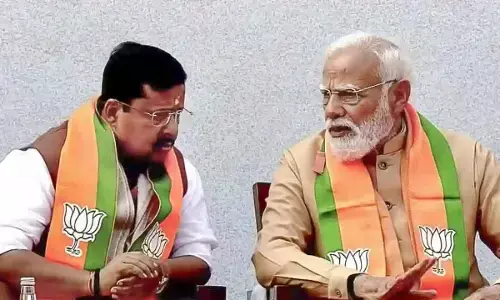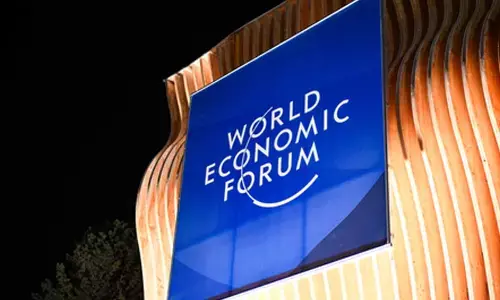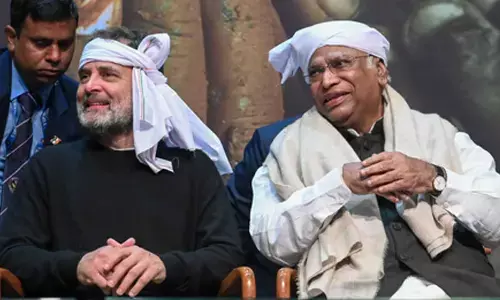Black money: BJP’s edge, Congress’ problem

From the time in the 1960s when undeclared income, or black money, stashed away in foreign banks was said to constitute a parallel economy, the issue of unaccounted funds has remained a riddle wrapped in a mystery inside an enigma.
From the time in the 1960s when undeclared income, or black money, stashed away in foreign banks was said to constitute a parallel economy, the issue of unaccounted funds has remained a riddle wrapped in a mystery inside an enigma.
The riddle or brainteaser relates to those who have deprived the Indian exchequer of vast amounts. It is a matter of some relief that after the passage of more than half a century, an estimate of the numbers is now available.
According to Finance Minister Arun Jaitley, the government has a list of 627 account-holders, of whom the identities of 427 have been established. Moreover, 250 have admitted that they have kept their money abroad.
But, is the list complete? How many of those who are in it are politicians who have always been the prime suspects? And businessmen, who have long had a bad reputation in India? Are there any famous names among the guilty which can bring down a government or rattle a political party?
Such questions may appear to be too prying and insidious. But, at their root, lies the inordinate delay in shedding light on the subject, which has strengthened the popular belief over the decades that the governments at the Centre have been engaged in a prolonged cover-up operation lest anyone in the political establishment should be shamed or incarcerated.
If this perception persists, the reason is that the Bharatiya Janata Party (BJP) hasn’t played its cards well in this sensitive matter. A fair share of the blame for this lapse lies with Prime Minister Narendra Modi, who merrily used the black money stick to lambast the Congress.
It was a legitimate political tactic since it could not but evoke cheer, except for the fact that he ignored the possibility of the charges and the promises backfiring. This is exactly what has happened since his pledge to recover all the hidden money and deposit Rs 15 lakh in the account of every citizen has now come to haunt the Prime Minister and his party.
What sounds good at an election rally can prove to be embarrassing when one sits on the throne. The present scenario is not unlike what happened when V P Singh failed as the prime minister in 1989-90 to keep his promise to nail the culprits of the Bofors Howitzer scam - the plank on which he rode to power.
Similarly, the present Prime Minister too will suffer a loss of face if the secret vaults where the plundered wealth - is it Rs 85 lakh crore? - is kept remains a mystery. If no progress is made in the near future, then the ingrained suspicion in the minds of virtually all Indians - that the people in power are birds of the same feather - will be confirmed.
The BJP's only advantage is that it is somewhat more believable at present than its predecessor in office if only because of Modi's emergence as an "ace avatar of modernity and progress", as Shashi Tharoor put it, much to the dismay of other Congressmen. But it goes without saying that too much delay will deny the party its present advantage of probity.
The Congress' problem is that for all its attempts to trip up the BJP for failing to keep its promise, the (no longer) Grand Old Party simply does not have the moral authority to press home its point because of its recent crushing election defeats and inability over decades to nab the culprits.
Moreover, the black money problem is the result of the Congress's socialistic policies of a controlled economy when the income-tax rates touched 97 per cent and passport-holders were allowed to leave the country with all of eight dollars in their wallets.
Arguably, there are no Indians who can match the bank balance of $40-70 billion of Egypt's Hosni Mubarak, or the $13-35 billion of the Philippines' Ferdinand Marcos, or the $7.8 billion of Tunisia's Zine el-Abidine Ben Ali or the $2 billion of Saddam Hussein in Switzerland and elsewhere.
But, whatever the amount, the size of the "parallel" economy will now probably begin to shrink in view of the first serious attempts to trace and punish the tax-evaders.

















